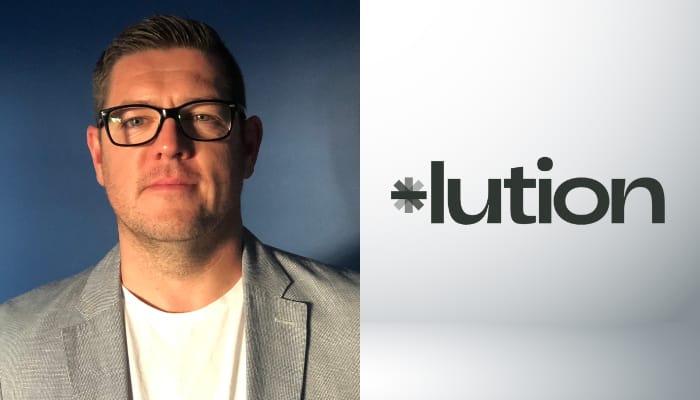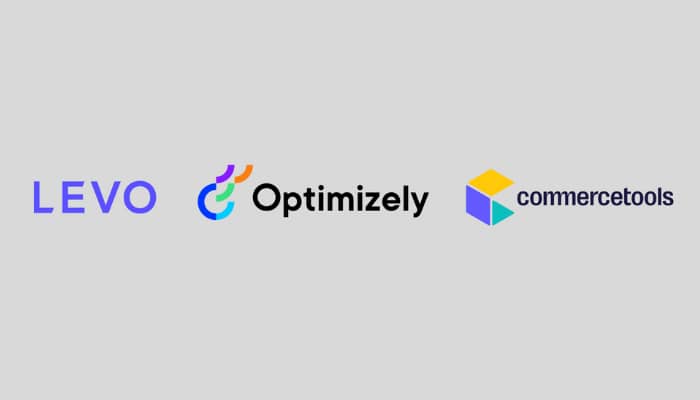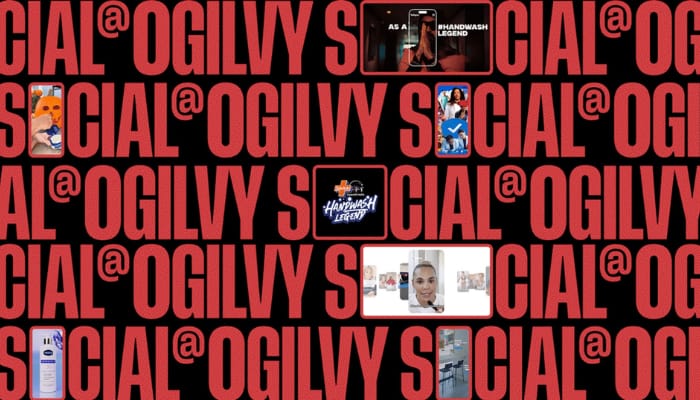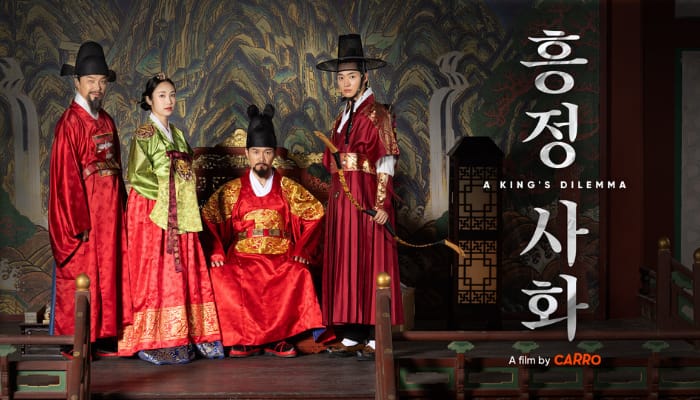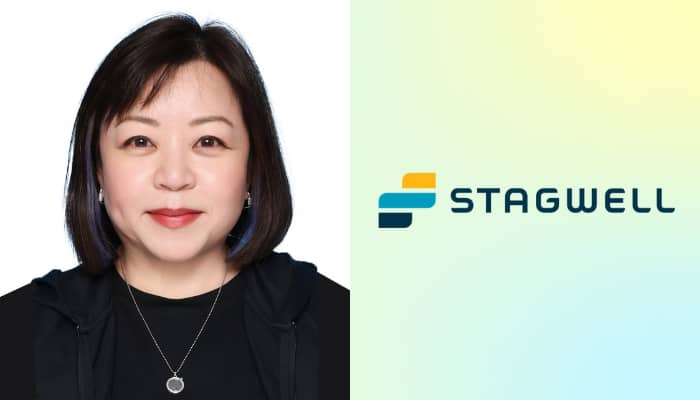Singapore – Aleph, a global digital expert in media, payments, and education, has officially rebranded its online advertising arm, MediaDonuts by Aleph, to ‘Aleph’ in a move to consolidate operations and deepen its presence across the APAC region.
The rebranding follows Aleph’s acquisition of Entravision’s digital advertising business in mid-2024 and marks the full integration of MediaDonuts into the Aleph brand. While Aleph previously maintained a presence in the region, the addition of MediaDonuts has significantly strengthened its footprint across APAC.
The transition affects key markets including India, Indonesia, Malaysia, the Philippines, Singapore, South Korea, Thailand, and Vietnam, where MediaDonuts will now operate solely under the Aleph name.
Through this move, APAC becomes fully integrated into Aleph’s global network, offering advertisers and platforms access to a unified ecosystem of media partners, payment solutions, and educational programmes aimed at supporting cross-market scalability.
Clients will also benefit from enhanced regional support, including closer publisher relationships, data-driven tools, and deeper insights into the local digital landscape. Aleph’s continued collaboration with major platforms and adoption of new technologies remains central to its service offerings.
Pieter-Jan de Kroon, managing director of Aleph in APAC, said, “Becoming one unique brand under Aleph represents a strategic outcome for our partners and clients, reflecting the significant potential that lies ahead under the broader umbrella of Aleph.”
“With APAC’s emerging markets, Aleph enhances its competitive positioning in the region while we in turn bank on Aleph’s global scale. I am pleased to be part of this exciting new chapter,” he added.
The rebrand underscores Aleph’s broader strategy to elevate the role of APAC within its global operations and reflects its long-term commitment to digital transformation. Aleph now operates in over 150 markets, with more than 60 exclusive partnerships, a client base of 26,000 advertisers, and a global team exceeding 1,500.
Gastón Taratuta, CEO and founder of Aleph Group, explained, “By fully consolidating our APAC operations under the Aleph brand, we are achieving a new level of strategic alignment between global digital media platforms and the region’s vast opportunities.”
He continued, “This unified identity is a unified vision serving clients and partners. It underscores our commitment to continuous innovation and ensures that the unique demands and immense potential of APAC directly contribute to, and benefit from, our overall global leadership.”



